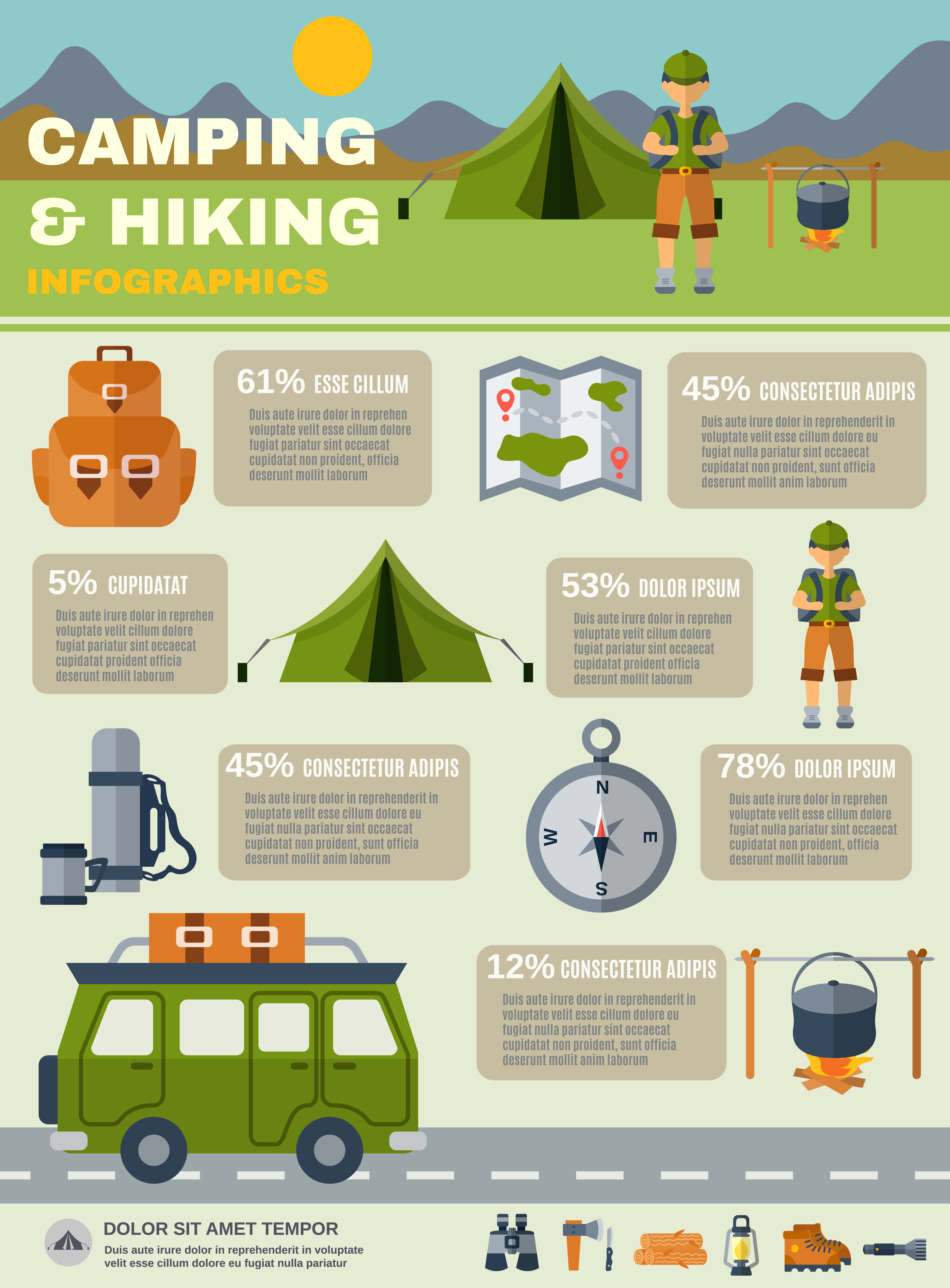Selecting the right frame product is important for occasion camping tents. Whether it's layered steel for budget plan outdoors tents or plated light weight aluminum for durable applications, there are many factors to consider to keep in mind.
Steel structures prevail in lower-priced pop-up tents however are prone to deterioration despite having coverings and need normal maintenance. Aluminum is light-weight, normally stands up to corrosion, and stands up well in humid or coastal environments.
Steel
When it pertains to making sure the longevity of custom tents, the product used in their frames plays an essential function. Steel and light weight aluminum alloys both use costs longevity, but each offers unique benefits that make it suitable for different types of environments. Steel is suitable for sturdy problems, while light weight aluminum master standing up to deterioration and decreasing upkeep expenditures.
When occasion hosts pick the appropriate outdoor tents for their requirements, they need to think about aspects like expected climate condition. As an example, framework camping tents commonly do much better in gusty or stormy conditions than pole outdoors tents due to the fact that they don't rely on a main pole to sustain the structure. Nevertheless, the connections in between frame pieces can weaken in high anxiety situations. Recognizing these weak points and doing routine examinations can help stay clear of potential damages.
Steel structures are difficult to reduce, weld or shape, which can call for specific devices and enhance labor expenses. In addition, they have a tendency to rust or rust easily and might require additional security or coatings. Furthermore, steel is really heavy and can trigger concerns when moving a cover. It's likewise tough to store for long periods of time due to the fact that it takes up much more room than aluminum frames.
Light weight aluminum
Aluminum is a prominent structure material for cover tents due to the fact that it's lightweight, rust-resistant, and simple to move and set up. It additionally gives a much more steady sanctuary during gusty conditions than steel frameworks. Light weight aluminum is much less vulnerable to tearing and any type of damages can be conveniently repaired, extending the life of the camping tent. It additionally breathes to reduce condensation and provides remarkable acoustic insulation to wet outside noise.
The sturdiness of light weight aluminum frame tents is additionally boosted by the all-natural oxidation residential properties of the metal. It creates a small oxide layer that safeguards the surface area from rust and spots. As such, the longevity of an aluminum appear outdoor tents can be boosted also better when the frame is anodized.
Anodized aluminum is stronger than steel and can stand up to high wind rates. Furthermore, the finish stands up to deterioration and discolorations, expanding the life-span of the outdoor tents. In addition, plated aluminum is recyclable and sustainable, making it ideal for companies seeking LEED certification. The combination of these residential or commercial properties makes aluminum a much more economical choice than steel for big, durable camping tents, such as those utilized to accommodate commercial shopping bag tools and storehouse stock. Steel, on the other hand, is a lot more expensive since it needs expensive alloys such as nitrogen, molybdenum, and chromium to enhance toughness.
Iron
Iron structure outdoors tents normally last as much as 15 years if the best care and maintenance is used. This consists of frequently cleaning fabric and examining metal components for corrosion and wear. By taking these actions, occasion hosts can make best use of the integrity of their structures and guarantee their ongoing efficiency in difficult settings.
Steel is an optimal material for creating sturdy outdoors tents, particularly for use in rough climate condition. It is a strong, sturdy, and cost effective material that uses stability and resilience for a variety of applications. Nevertheless, steel is prone to rusting in humid and seaside atmospheres. The addition of safety finishings and regular upkeep can assist to mitigate this threat, but these efforts increase total maintenance prices.
In contrast, aluminum is a much more resilient selection for a custom-made tent as a result of its natural oxidation properties. When plated, aluminum becomes super-strong and up to three times harder than common aluminum alloys. This makes plated light weight aluminum the second-hardest compound beside ruby (satellites, airplane, and army automobiles all use anodized aluminum). Along with its resilience, anodized aluminum is also extra resistant to rust than steel. These variables make aluminum a superb option for turn up canopy camping tents and contribute to their capability to lug longer warranties (5, 7, and also lifetime framework service warranties). Furthermore, light weight aluminum is 1/3 the weight of steel allowing for a much thinner framework layout for more modification alternatives and increased stamina.
